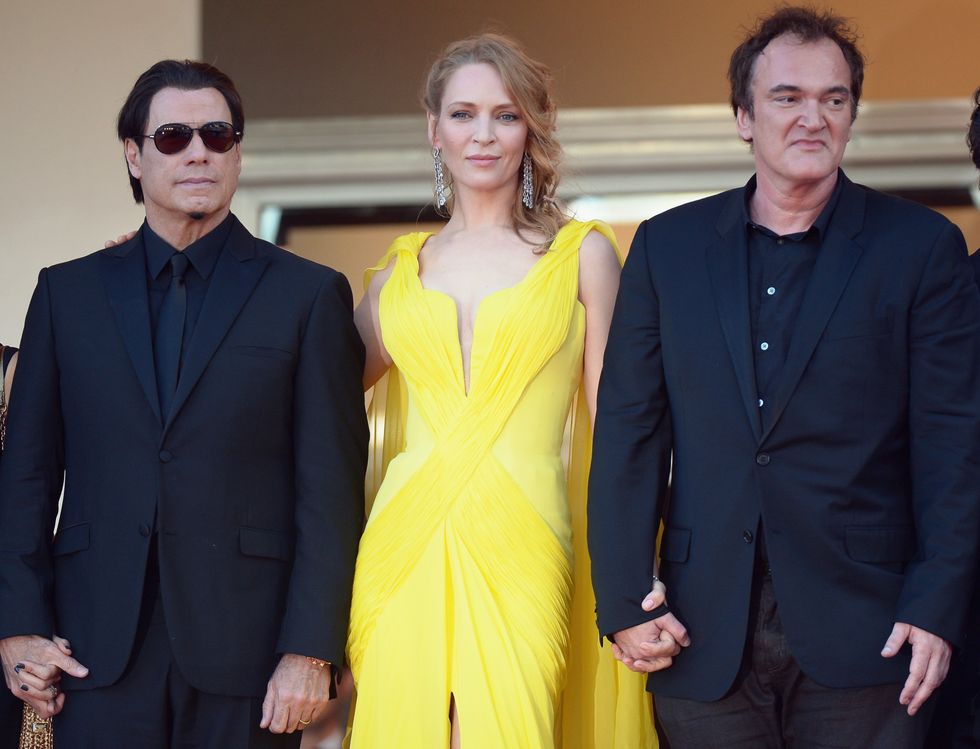My family and I had watched "Kill Bill" back to back in two nights and were watching Pulp Fiction when Uma Thurman's interview with the New York Times was published Saturday night. Some parts of the interview didn't surprise me in the least (Weinstein's crimes have been public knowledge for months now), but I was interested to hear why she had waited to talk about it. Before I read that interview, I had no clue about what went down on the set of "Kill Bill" between Thurman and Tarintino, and it took the air out of me when I first read it. In an incident Thurman called 'dehumanization to the point of death,' Tarantino insisted that the car she was to drive in the end of the second film was safe. She got in to drive at 40 mph, as he insisted, so that her hair would blow in the wind. Between the speed and the state of the car, it's no surprise that she crashed and nearly died. The Instagram video Thurman posted recently is equal parts damning and disturbing. Whether you believe Tarantino's apology or not, the question still remains: can we, should we, separate an artist from his work?
The answer in today's society seems to be yes. Chris Brown and Kanye West come to mind.
I am not opposed to the action of separation when it comes to artist and art, but it is a conversation we should be having in the wake of this news. Whether or not you like his works, (I happen to quite enjoy them), you cannot deny the impact his filmmaking has had on Hollywood.
The thing that baffles me the most is that a director so acclaimed for writing strong female characters was silent when it came to Weinstein's many transgressions.
I applaud Ms. Thurman for her honesty and grace.
As for my question, like I said, it is unbelievably complicated to unpack. I'm still unpacking it myself. All I endeavored to do with this article was to lay out the facts so that you may draw your own conclusions.















